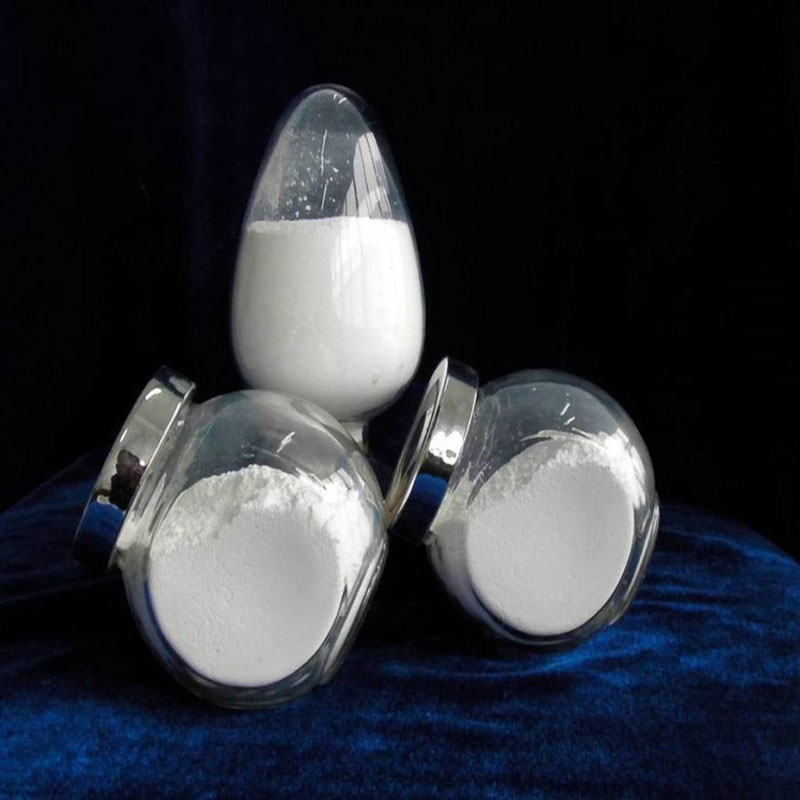Hydroxyethyl cellulose (HEC) is a non-ionic, water-soluble polymer derived from cellulose through chemical modification. This versatile compound boasts a wide range of properties that make it invaluable across various industries, from construction to personal care and beyond.
1. Rheology Modifier: One of the primary characteristics of HEC is its ability to modify the rheological properties of aqueous solutions. As a thickening agent, HEC imparts viscosity and improves the texture of formulations, making it an essential component in paints, adhesives, and printing inks.
2. Water Retention: HEC exhibits excellent water retention properties, making it ideal for use in products where moisture management is crucial. In construction applications, such as mortar and grout formulations, HEC helps maintain optimal water content, ensuring proper hydration and enhancing workability.
3. Film Formation: Due to its film-forming capabilities, HEC finds extensive use in the production of coatings and films. When applied to surfaces, HEC forms a uniform, protective film that enhances durability and provides barrier properties against moisture and other environmental factors.
4. Suspension Agent: In aqueous systems, HEC serves as an effective suspension agent, preventing settling and sedimentation of solid particles. This property is particularly valuable in the formulation of pharmaceutical suspensions, where uniform distribution of active ingredients is critical for dosage accuracy.
5. Personal Care Applications: HEC is widely utilized in the personal care industry for its emulsifying, thickening, and stabilizing properties. It can be found in various cosmetic and skincare products, including lotions, creams, shampoos, and gels, where it enhances texture, improves spreadability, and provides a smooth, luxurious feel.
6. Pharmaceutical Formulations: In pharmaceutical formulations, HEC serves as a versatile excipient, contributing to the viscosity, stability, and bioavailability of formulations. It is commonly used in oral suspensions, ophthalmic solutions, and topical preparations, where it ensures uniform drug delivery and enhances patient compliance.
7. Oil and Gas Industry: HEC plays a vital role in drilling fluids used in the oil and gas industry. As a thickening agent, it helps maintain viscosity and suspension properties, enabling efficient drilling operations and wellbore stability in challenging geological conditions.
In conclusion, Hydroxyethyl Cellulose (HEC) stands out as a multifunctional polymer with diverse applications across numerous industries. Its unique combination of properties, including rheology modification, water retention, film formation, and suspension stabilization, makes it indispensable in various formulations and processes. Whether in construction, personal care, pharmaceuticals, or industrial applications, HEC continues to demonstrate its versatility and effectiveness as a key ingredient.
For further information on the properties and applications of Hydroxyethyl Cellulose (HEC) or to explore customized solutions for your specific needs, please contact us at Kingmax cellulose.Our team of experts is dedicated to providing innovative solutions and technical support to help you achieve your goals.


